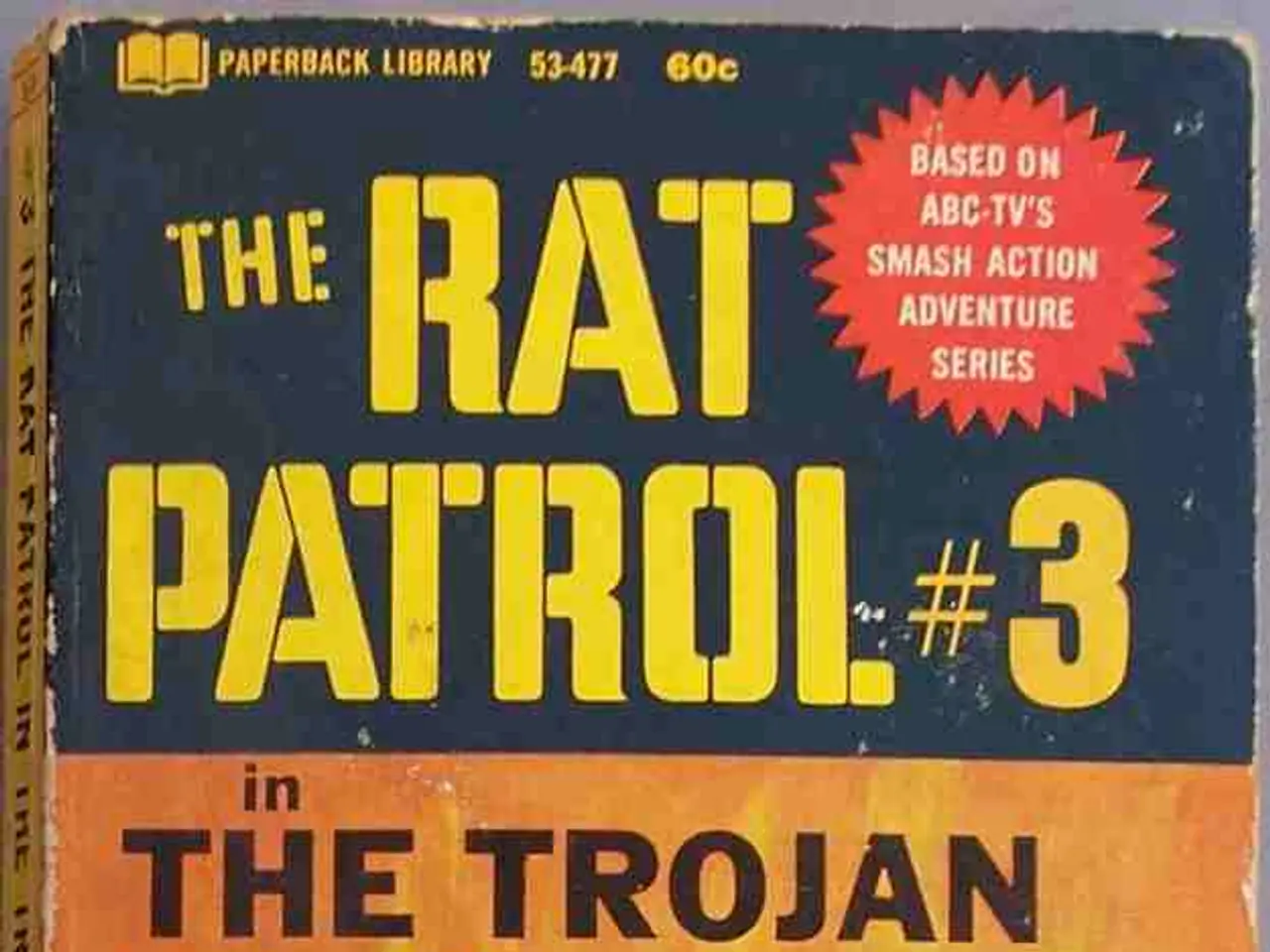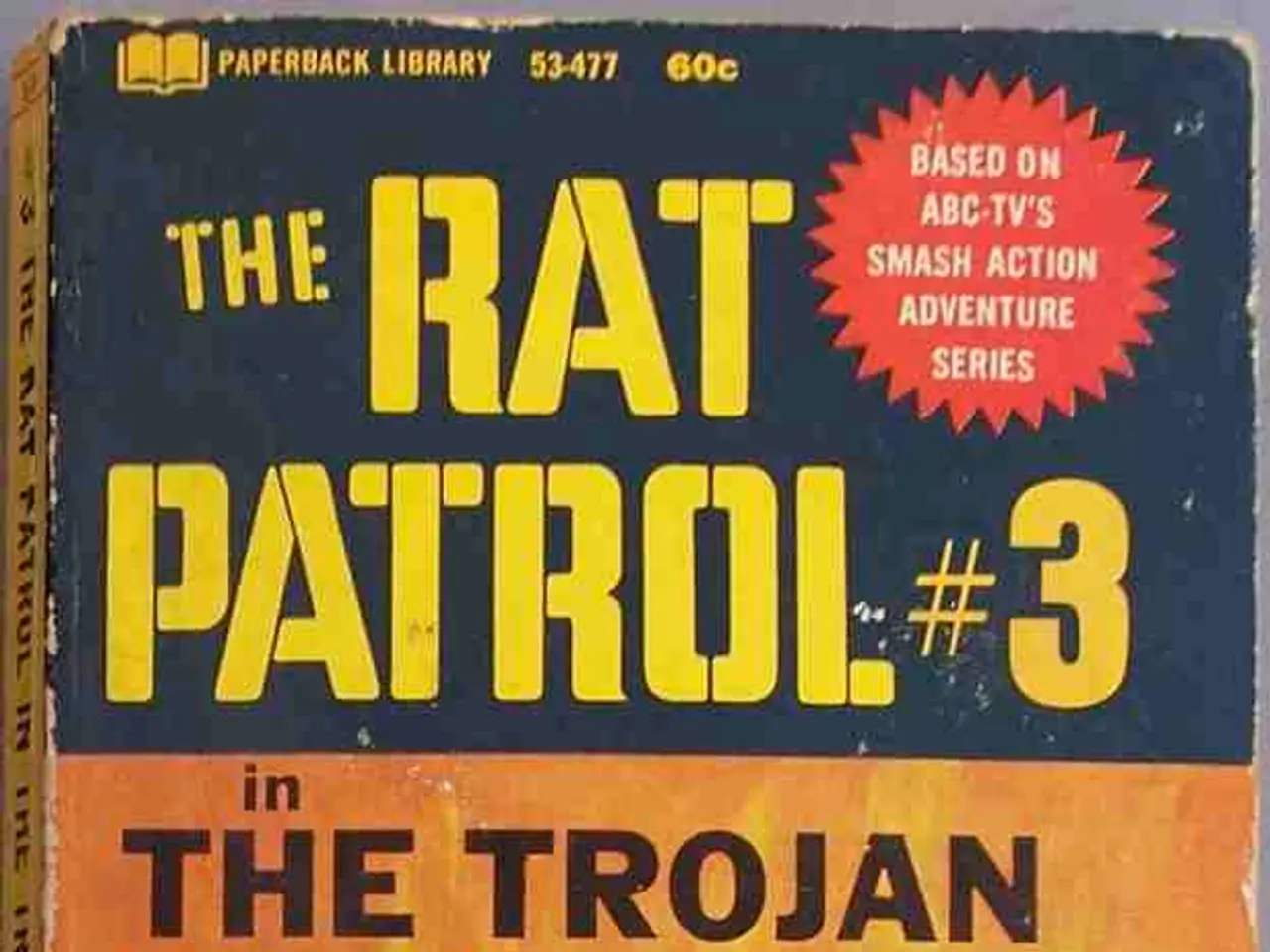Swapping "Favors" in the Middle East Showdown
Iran has deployed several missile launchers and diffused the atmosphere
The U.S. military launched airstrikes on multiple Iranian nuclear facilities early Sunday, June 22, during operation "Midnight Hammer." The results of the attack are questionable, ranging from "the U.S. destroyed Iran's nuclear program" (according to U.S. Defense Secretary Peter Hegseth) to "most of the key facilities remained intact" (as reported by Iranian media).
One thing is clear: theU.S.'s use of anti-bunker bombs and cruise missiles against Iranian uranium enrichment centers marks the start of a new chapter in Washington and Tehran's long-standing conflict.
The situation in the Middle East has heated up significantly after the U.S. Air Force's strikes on Iran's nuclear facilities. This was predictable, given that military analysts have repeatedly stated that Tehran will retaliate for its humiliation, and one of the most likely responses from Iran could be an attack on American targets in the region.
As expected, on Monday evening, Iran launched several ballistic missiles of varying range, targeting the strategically important Al-Udeid airbase in Qatar, where the U.S. Air Force Command is located. Reports also circulated of missile launches toward Iraq, Kuwait, and Bahrain, but these were unconfirmed. "No American base, except the one in Qatar, was hit by Iranian missiles," reported Reuters.
According to Iranian state television IRIB, a "powerful and devastating" missile strike was carried out in response to the "shameless U.S. military aggression" against "peaceful Iranian nuclear facilities" and the violation of international law. The operation was named "Basharat Al-Fath" ("Good Tidings of Victory").
The outcome of the missile attack is shrouded in mist: Iranian media claimed that, at minimum, three missiles (or even six) reached their targets, while the U.S. side denied any hits. Reports indicate that the U.S. military suffered no casualties following the Iranian missile attack; according to Qatari authorities, there were no incidents or casualties either.
The U.S. military was placed on high alert in anticipation of potential further attacks, but no statistics on combat sorties were released. However, questions persisted: how extensive will Iran's operation be, how long will it last, and will it be limited to a single missile attack?
Even before the attack on Al-Udeid and the subsequent missile launch, analysts expressed the opinion that the attack could be "calculated" action, with everything carefully planned and coordinated, a measured response meant to preserve the parties' dignity. Indeed, Iran could have attacked the base with a barrage of rockets and drones, overwhelming the base's air defense systems - but did Tehran want direct military escalation with the U.S.?
It seems that Iran's military and political leaders faced a complex challenge - how to conduct a dramatic operation, demonstrating America's vulnerability to their bases, yet avoiding civilian casualties (since reports of casualties from the "Midnight Hammer" strikes did not surface), maintaining good relations with neighboring countries, not exhausting its stockpile of rockets (which are depleted by attacks on Israel and used in attacks on Israel), and avoiding escalating the situation into full-scale war.
On the one hand, there were ominous warnings that Iran would respond with military force to U.S. attacks - leading to further escalation, including potential future American air strikes. But for now, it appears that both parties are avoiding pushing the confrontation to a higher level.
The Iranian missile attack on the Al-Udeid airbase came as a surprise to the Americans, drawing recommendations for citizens to seek shelter, but valuable equipment and personnel were evacuated from American military bases in advance, and civil airspace in nearby countries was closed for security reasons. The airbase declared an alert, and air defense forces actively intercepted incoming missiles.
Iran, without a doubt, declared the operation with great fanfare and symbolism, aiming to show that it is ready to punish those responsible for attacking its territory. According to Iranian news agency Mehr, citing the National Security Council of the Islamic Republic of Iran, "the number of missiles Iran fired at the American base in Qatar corresponds to the number of bombs that the U.S. dropped on Iran."
However, according to The New York Times, Iran gave Qatar advance warning of the impending missile attack to minimize losses. Notably, Iran had already acted in a similar manner in 2020, warning Baghdad of its intention to attack an American base in Iraq in response to the assassination of General Qasem Soleimani.
One more - quite serious - sign of a possible move towards de-escalation is that oil prices dropped sharply after Iran's missile attack on the Al-Udeid airbase. It seems that the market perceived the attack as a sign of Iran's decision to drop attacks on oil facilities in the region, which could have driven oil prices up.
In Iran, the operation was particularly noted for not posing any threats to its friendly and brotherly nation of Qatar and its esteemed people. Reacting to the Iranian missile attack, Oman, like other countries in the region, expressed its indignation (similar reactions were also recorded from other countries). However, it is unlikely that this will go beyond diplomatic rhetoric.
In this round, Tehran can confidently declare victory in its war with Israel and the U.S. - without an "Midnight Hammer" response, they did not yield, but avoided unnecessary risks. Incidentally, celebratory demonstrations are taking place on the streets of Tehran and other cities after the missile strikes on American military bases.
Residents of Tehran and other cities will undoubtedly be celebrating - especially manufacturers of air defense systems, as a great deal of zenith missiles were expended in Qatar and other countries in the region during the conflict. Thankfully, apocalyptic expectations of the closure of the Strait of Hormuz or a nuclear scenario for the development of the conflict did not materialize.
The Peacemaker Returns
The question remains: how are the Trump administration and its advisors feeling about this turn of events? If they had chosen to capitalize on this, the U.S. would be in a strong position to strengthen its attacks.
According to American media, President Donald Trump hastily called a meeting with the highest military and political leaders of the country. CNN, citing an American official, reported that Trump would not respond to Iran's missile attack on American military bases in Qatar - with a caution that his position may change following discussions with his national security advisors. Donald Trump issued no immediate comments on the Iranian missile strike, but he did critique American media for disbelieving the complete destruction of Iran's nuclear facilities.
Of course, it did not take Trump long to respond. According to him, "Iran officially responded to our destruction of their nuclear facilities with a very weak reaction, which we effectively countered." He stated that 14 missiles were launched, of which 13 were intercepted, and one was "released," as it flew in a non-threatening direction. In his words, no American was harmed, and the damage was minimal. Trump even expressed his gratitude to Iran for the early warning, allowing them to avoid casualties and losses. Trump stressed: "What's more important - it seems that Iran 'let out steam,' and hopefully there will be no more hatred."
"Perhaps now Iran can move towards peace and harmony in the region, and I enthusiastically call on Israel to do the same," Trump declared in the evening of June 23, and added demurringly: "Congratulations to the entire world, peace is here!" The coming days will show whether Tehran and Tel Aviv will heed his call, and what actions the U.S. itself will take beyond diplomatic measures in social media.
- The attack on the Al-Udeid airbase has led to a significant escalation in general-news and politics, with potential consequences for the future of U.S.-Iran relations.
- Amidst the ongoing Middle East showdown, President Trump's response to Iran's missile attack could determine the trajectory of the situation, and possibly whether or not a path towards peace and harmony in the region emerges.





